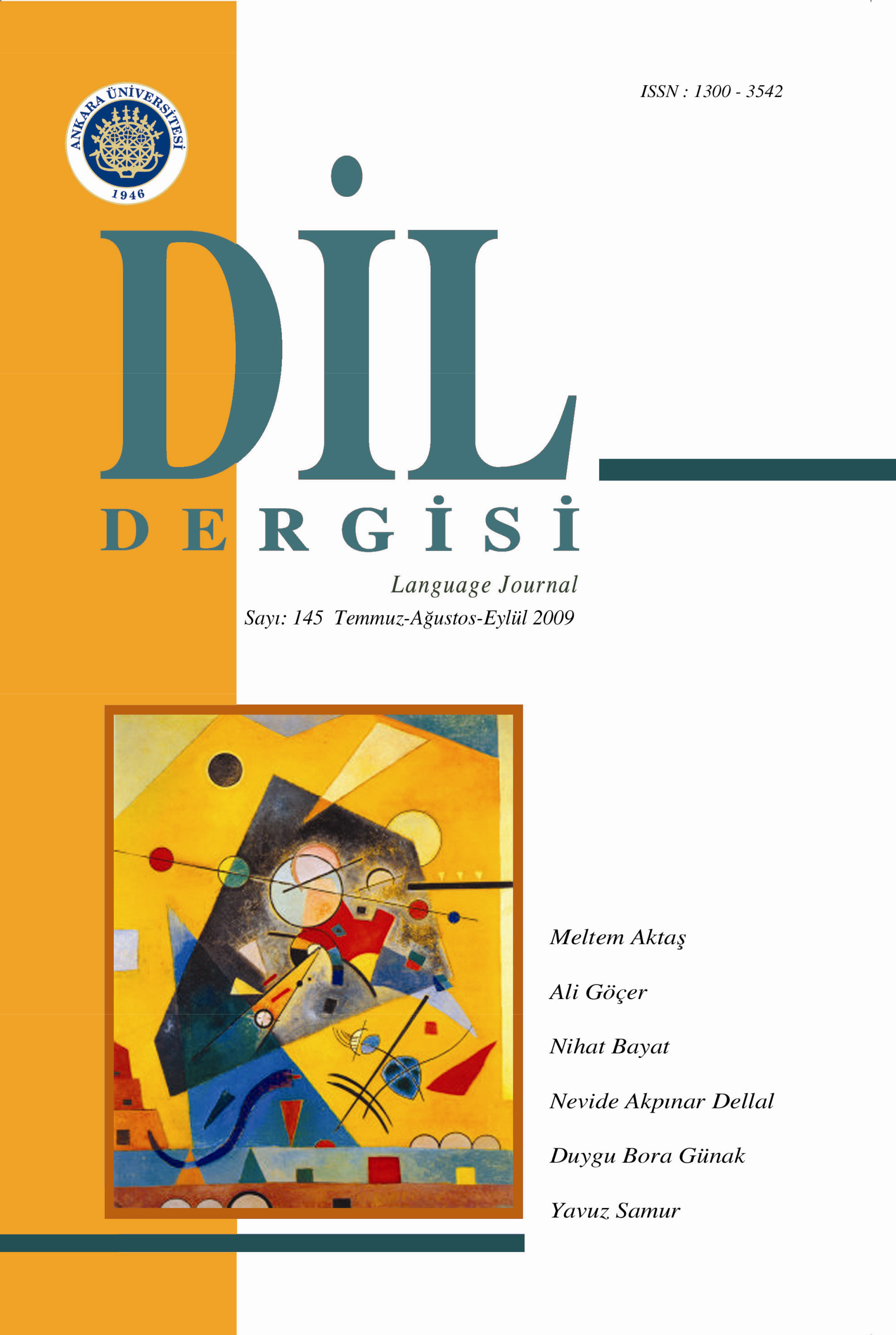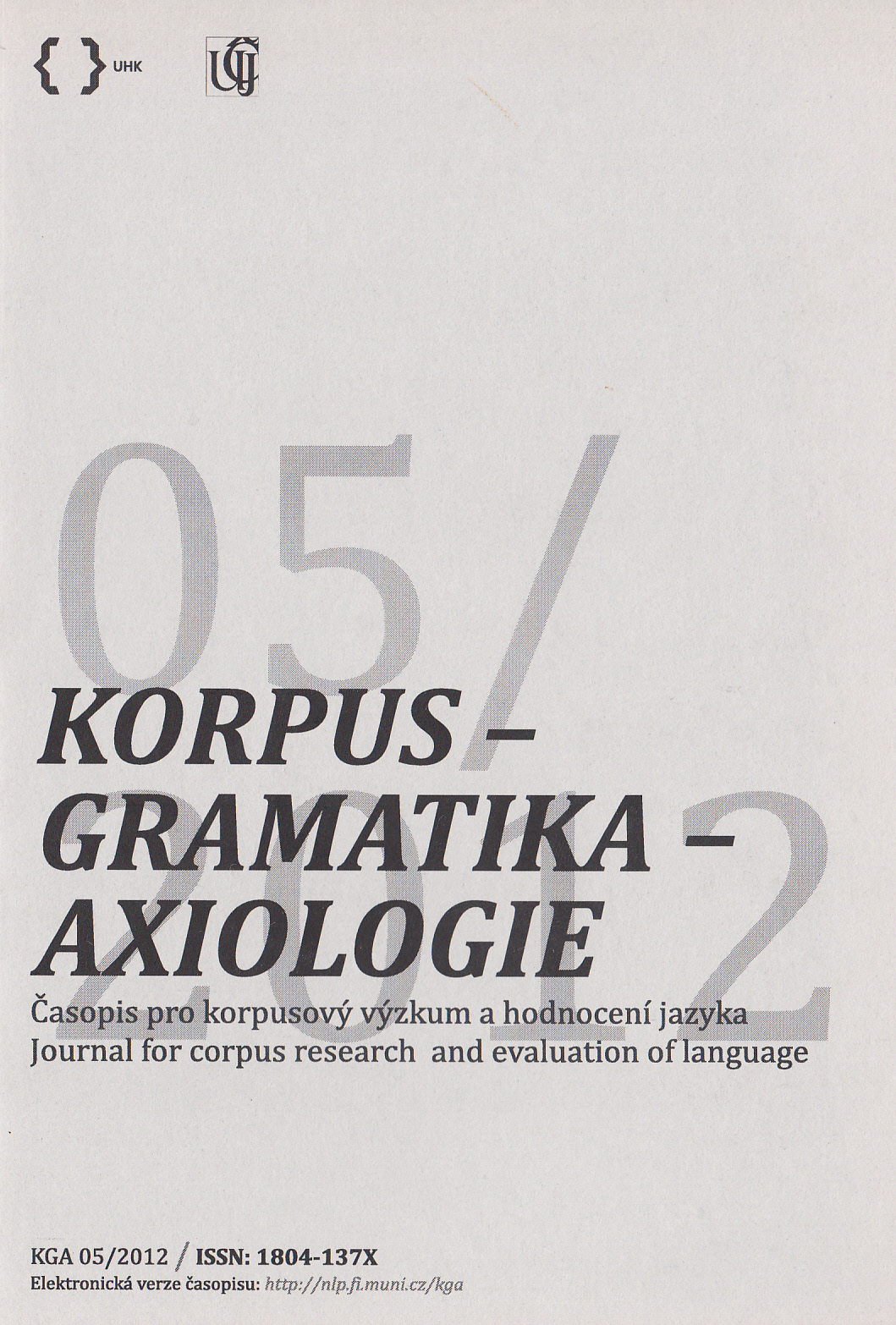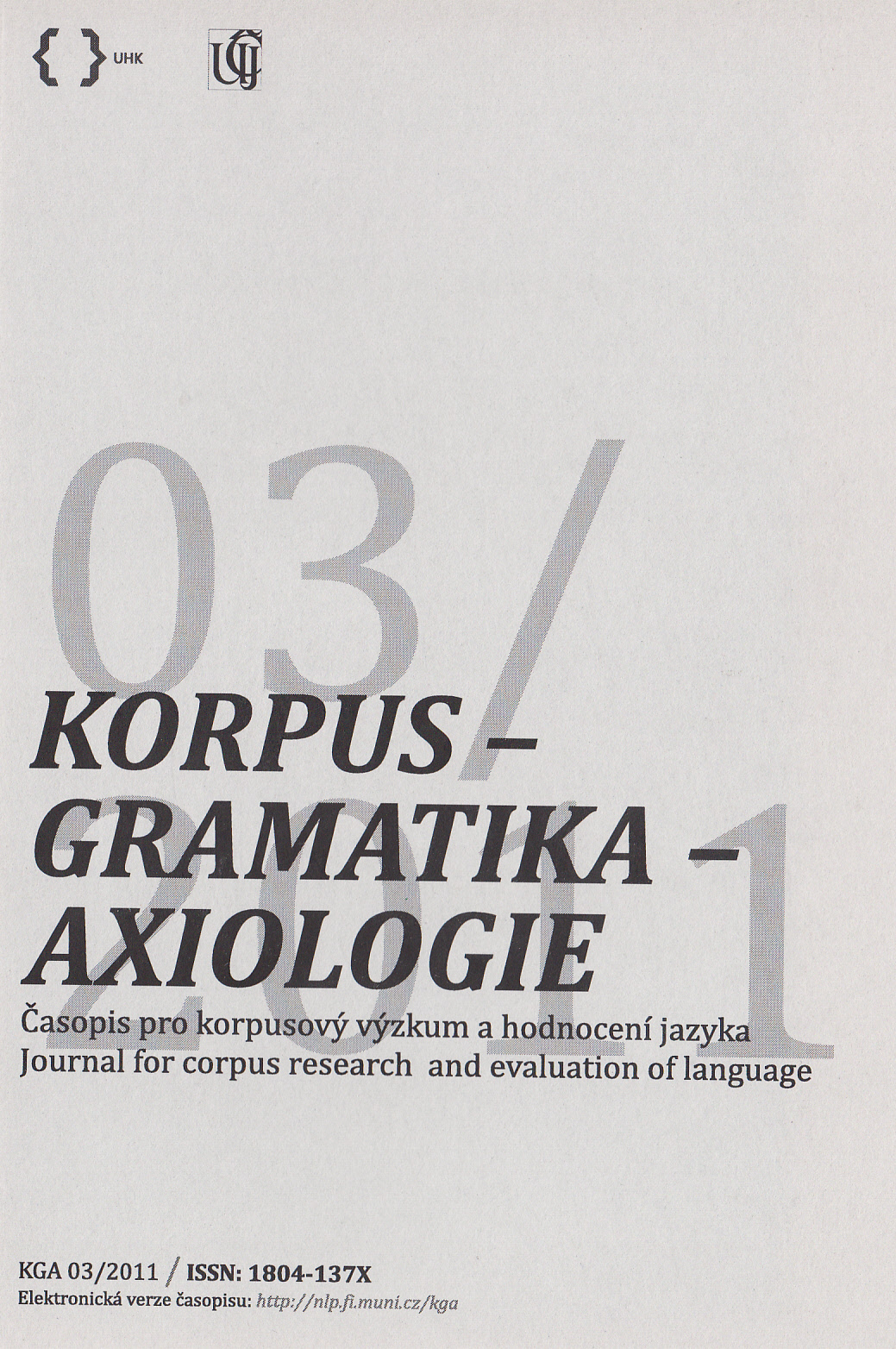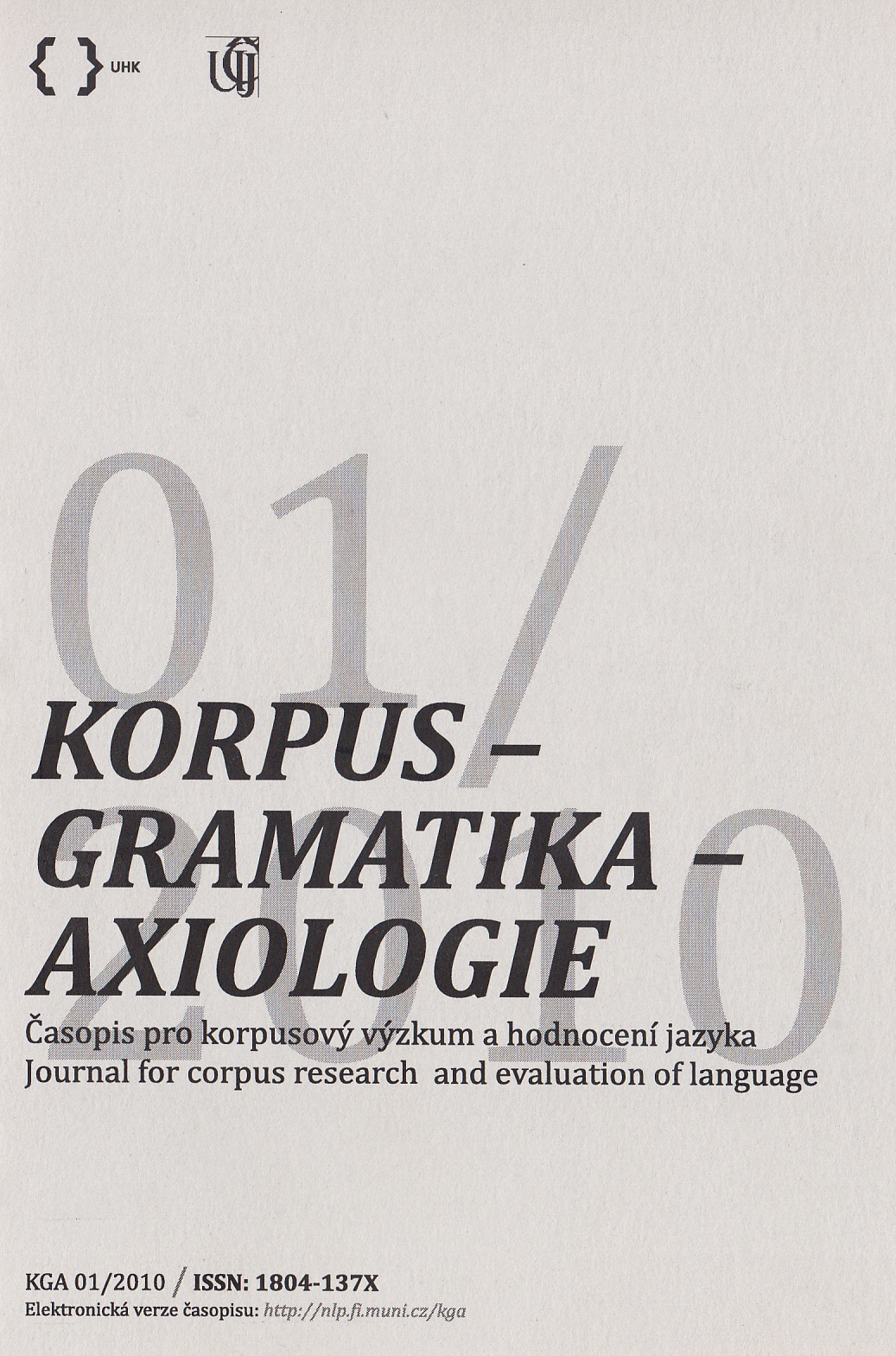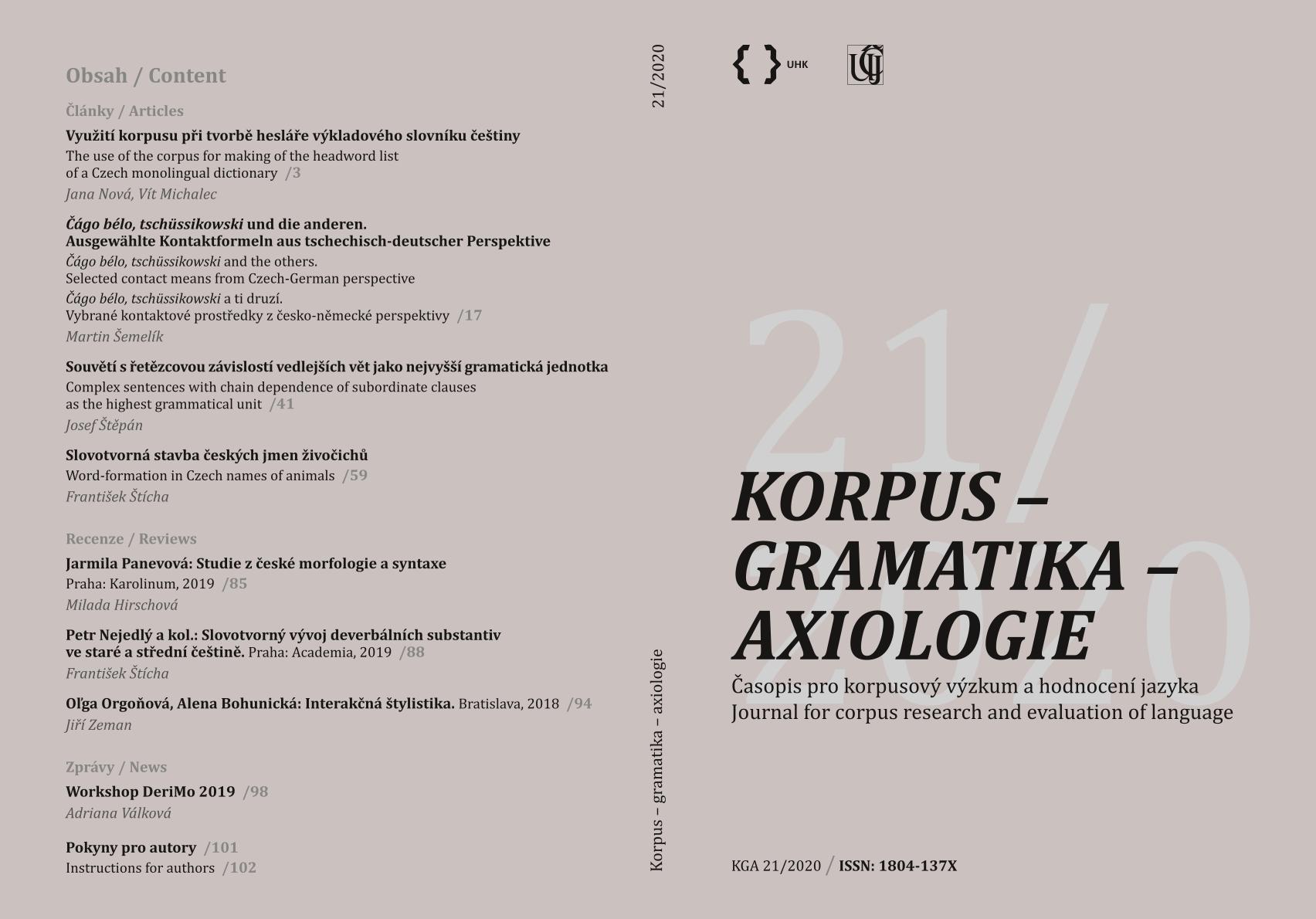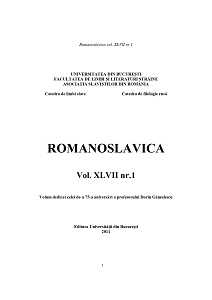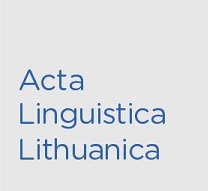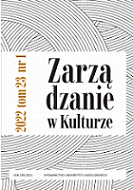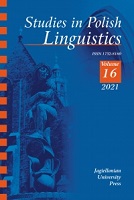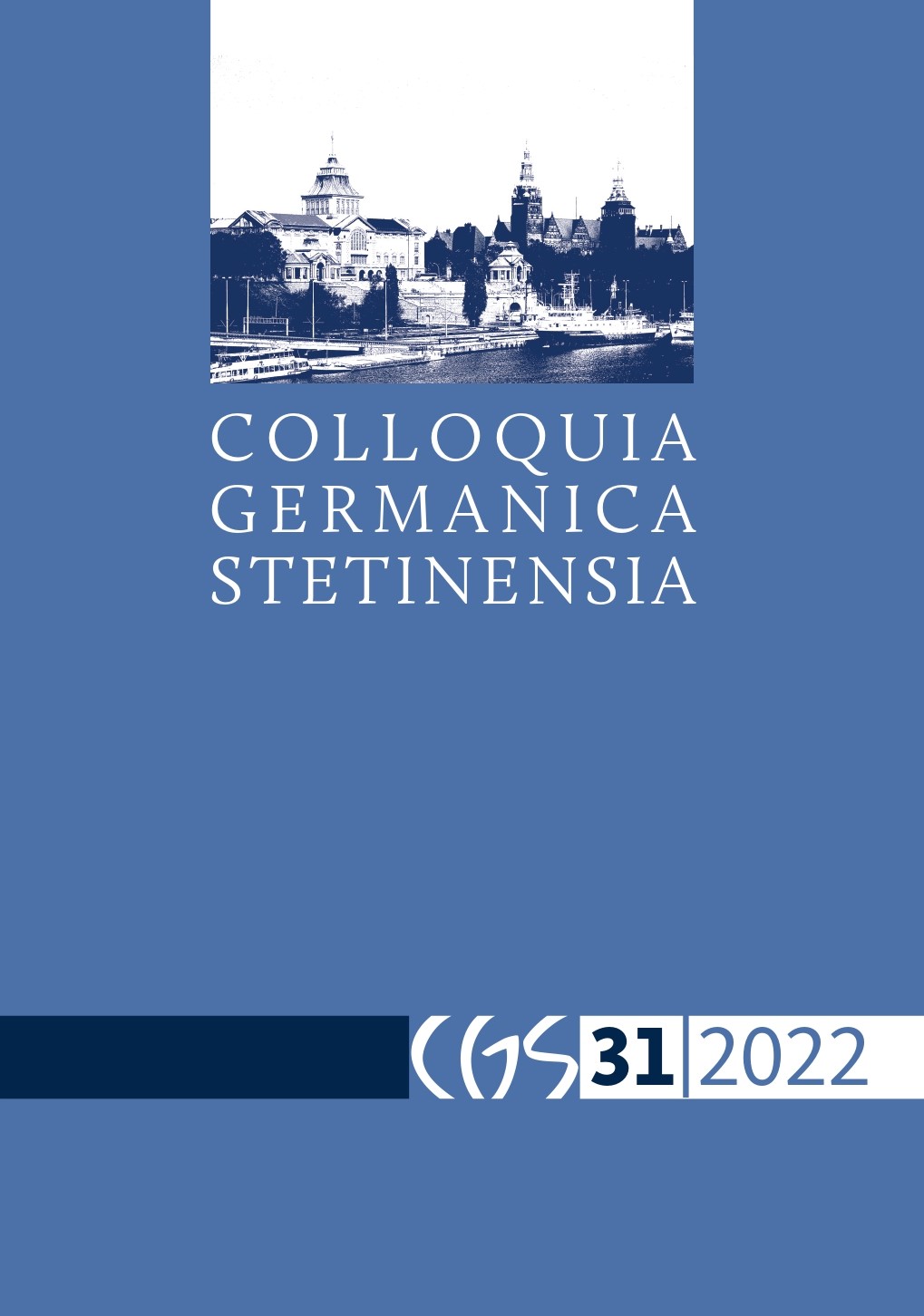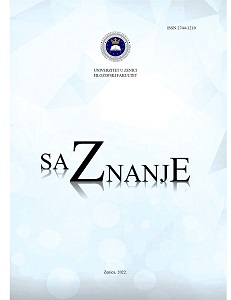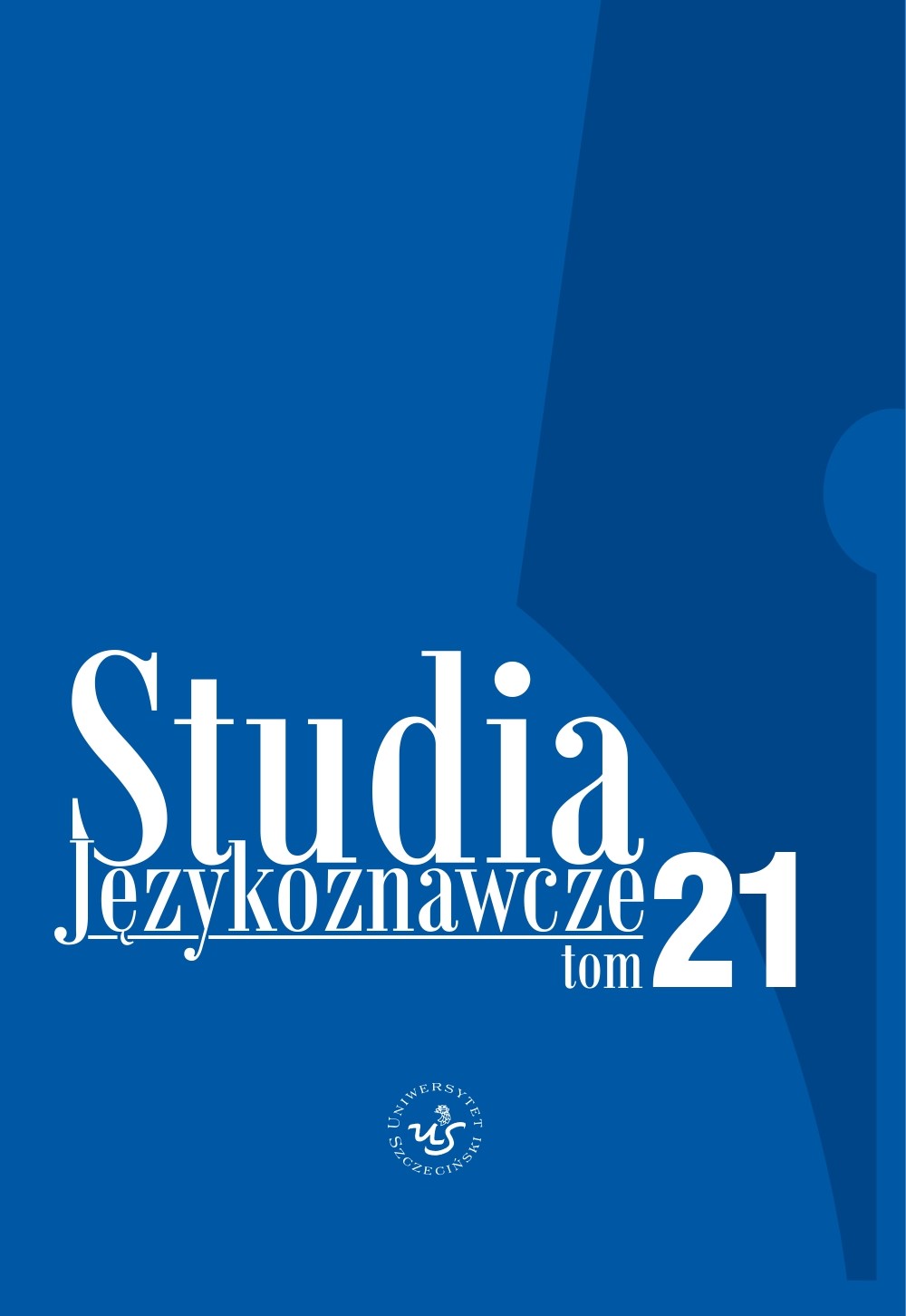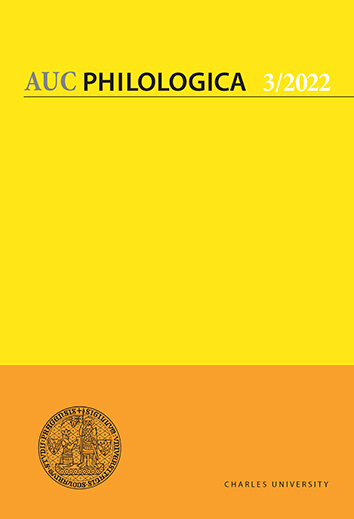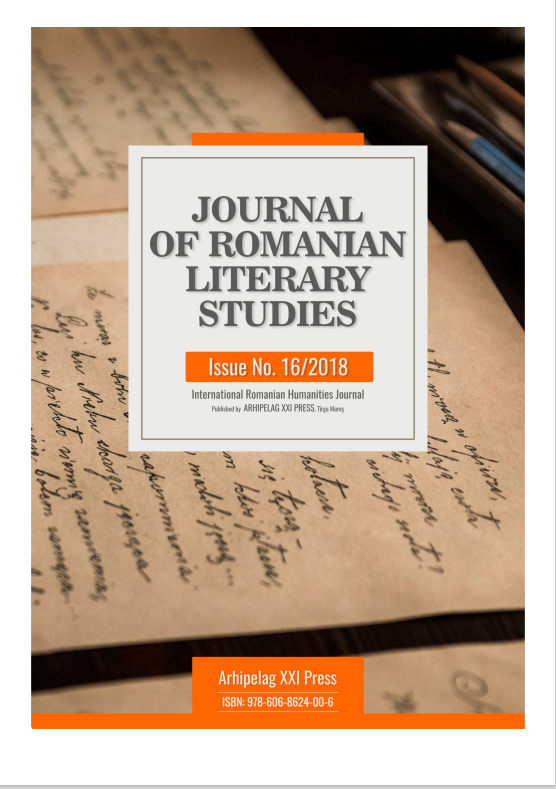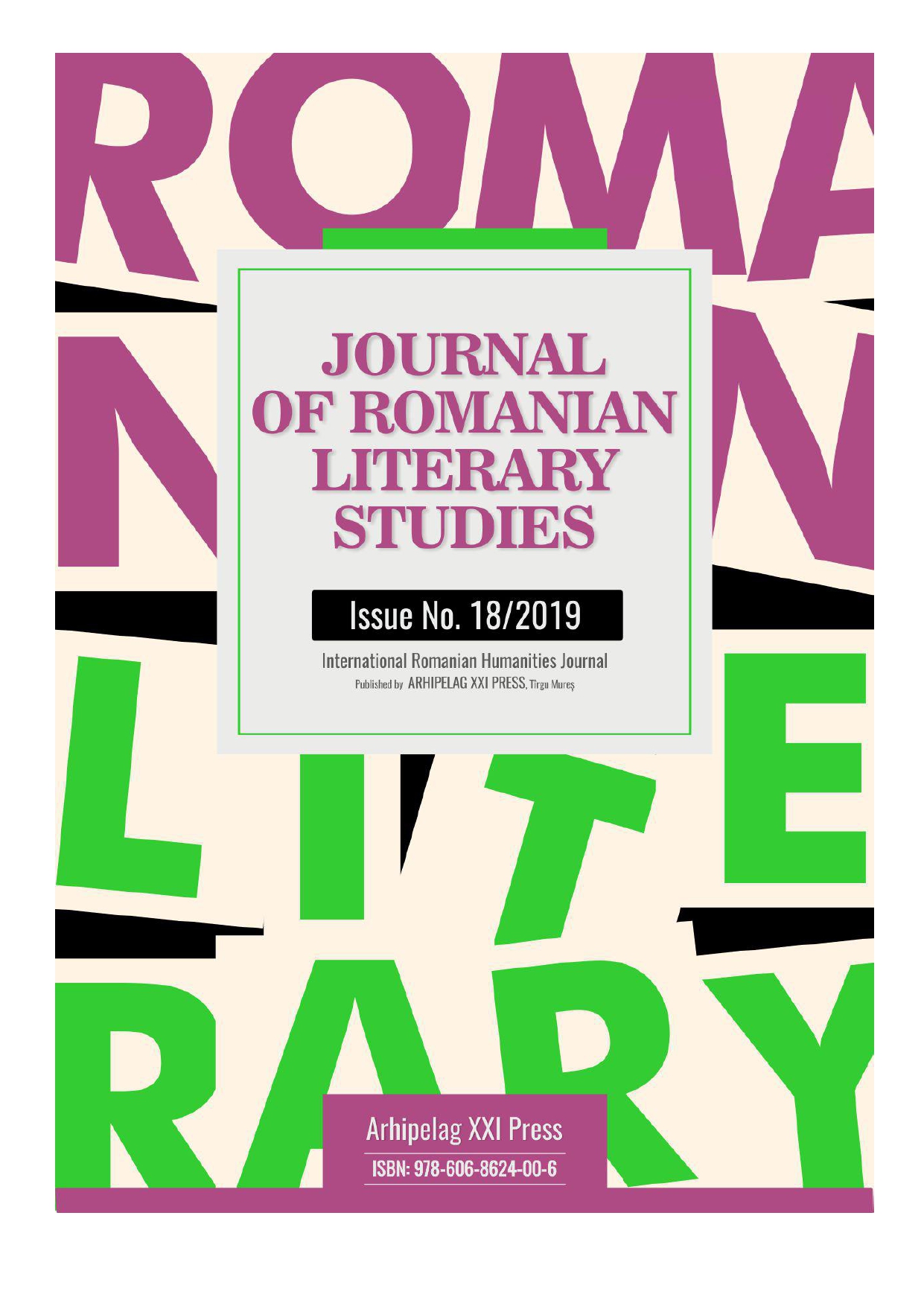Eesti keele sõnavara afektikalduvus ja mis sellega peale hakata
A practical need to make Estonian synthetic speech more natural and easier to follow has directed researcher attention to human emotions as reflected in natural speech. The article contemplates how the emotion or, more generally, affectivity of the author of a written sentence could be recognized from lexical cues. It appears that it is not only content words (nouns, verbs, adjectives) that deserve attention in this respect, but also various function words (pronouns, deictics, intensifiers etc.) Five classes of the lexical bias of affect are distinguished: descriptive emotion vocabulary, expressive emotion vocabulary, evaluative markers, presence markers and intensity markers; also, their contribution to the expression either of the author of the utterance or of the protagonist of the sentence is demonstrated. A conclusion is made that different tones of voice should probably be synthesized for the author's authentic emotions (anger, joy, sadness, fear, surprise) and for the less expressive emotions resonating to those of the protagonist, including, e.g., a brisk, sharp or dull tone of voice. The main message of the article is that recognition of the lexical bias of affect should begin from the function words referring to the presence of the author of the utterance.
More...
